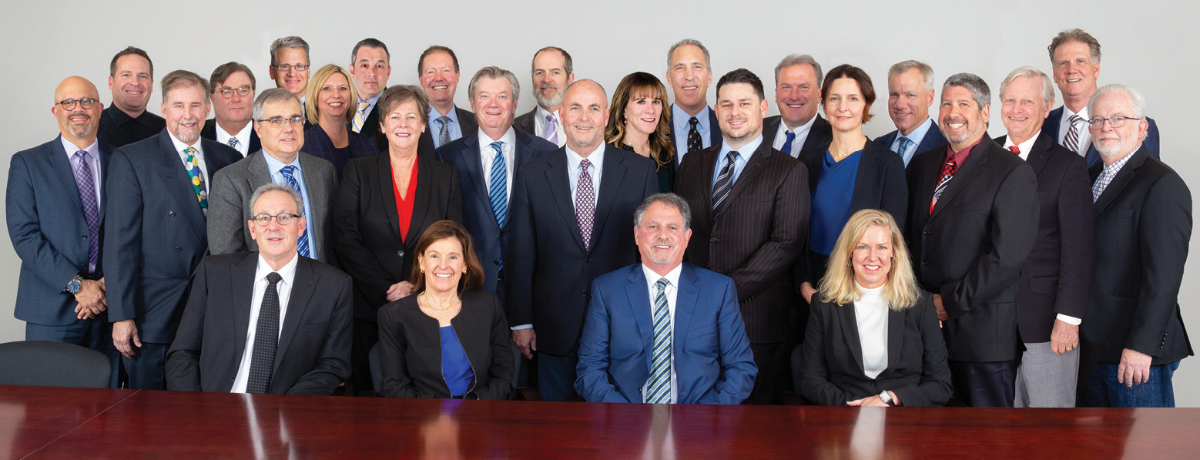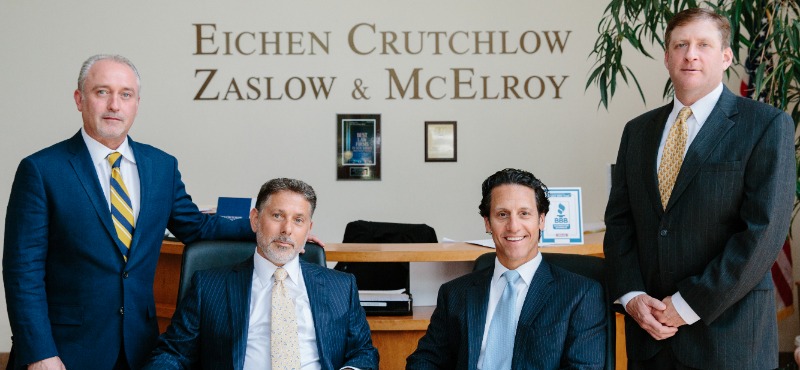In May 2014, class action defense attorney Tim Freudenberger from Carothers DiSante & Freudenberger LLP, obtained a very favorable decision from the California Supreme Court in Duran v. U.S. Bank Nat. Assn., 59 Cal. 4th 1 (2014). Mr. Freudenberger has represented California employers in class action litigation for many years. He served as lead defense counsel in Duran, a case that has helped shape how class actions are litigated in California. Particularly, Duran has impacted the certification process in wage and hour class actions.
In the Duran case, the California Supreme Court affirmed in full a Court of Appeal decision overturning a multi-million dollar judgment in favor of a class of business banking officers who alleged that they were misclassified as exempt outside salespersons and owed overtime wages. The California Supreme Court agreed with the Court of Appeal that the trial plan resulting in the judgment was fundamentally flawed and violated U.S. Bank’s due process rights. In addition to holding that the trial plan was unconstitutional and required reversal of the judgment, the Supreme Court also held that the class was properly decertified due to the lack of manageability of individual issues surrounding U.S. Bank's exemption defense.
The Supreme Court emphasized that the presence of common issues does not necessarily mean that class certification is appropriate if there are still individual issues that cannot be effectively managed at trial, as was the case in Duran.
Typically, the plaintiff’s bar relies on statistical evidence to establish manageability at the certification stage as well as proof of class claims at trial. However, as Duran makes clear, statistical evidence must be scientifically valid and sound. The sampling and attempt at “representative testimony” in Duran fell short from such a standard.
As expected, Duran has provided the lower courts with fundamental standards to follow in deciding whether certification should be granted. Moreover, lower courts have relied on Duran in both misclassification and non-misclassification wage and hour cases.
Duran may also be responsible for precluding lower courts from relying on the Supreme Court’s decision in Brinker Restaurant Corp. v. Superior Court in certifying class actions based on the mere appearance of common proof as presented by plaintiffs, without a strict analysis of whether individualized issues make class treatment inappropriate.
Some post-Duran cases exemplify its importance at the class certification stage and the impact of the decision. For instance, in Bartoni v. American Medical Response West, the Court of Appeal relied on Duran in upholding an order denying class certification. The appellate court noted “the trial court’s thorough and thoughtful consideration of the certification issues” based on the trial court’s request for supplemental briefing concerning Duran’s impact on the case. There, the evidence showed that as a result of the employers’ meal break policy and practices, different employees were dispatched and provided meal periods in different ways. Thus, individual issues predominated to determine if meal period violations occurred. The trial court found that there was no trial plan to manage those individual inquiries in violation of Duran. Thus, the denial of certification was upheld.
In Safeway v. Superior Court, 190 Cal. Rptr. 3d 131 (2015), certification of a meal period violation class was upheld. There, the Court of Appeal relied on Duran in its analysis of the certification ruling and quoted some of the cornerstones established in Duran: “The key questions concern whether common issues predominate, and whether the litigation of individual issues can be managed fairly and efficiently”; “If the defendant's liability can be determined by facts common to all members of the class, a class may be certified even though class members must individually establish the amount of their restitution”; “Nonetheless, class treatment is not appropriate if every member of the alleged class would be required to litigate numerous and substantial questions determining his individual right to recover following the class judgment on common issues.” Mindful of due process issues, the appellate court also noted that statistical evidence regarding meal break violations was proper as long as the defendant “is not prevented from impeaching it or presenting defenses,” and cited Duran.
In Koval v. Pacific Bell Telephone Co., 232 Cal. App. 4th 1050 (2014) the Court of Appeal upheld the denial of class certification. There, the plaintiff filed a purported class action on behalf of service technicians alleging that the company failed to provide meal and rest breaks by failing to relinquish control over their activities during meal and rest breaks. The trial court denied certification because, while facially valid, there was too much variation in the meal and rest break policies and how they were implemented, making the class unmanageable. On review, the Court of Appeal agreed that the purported class was “totally unmanageable” and appreciated the trial court’s concerns. In fact, the appellate court opinion included the following quote from Duran: “Trial courts must pay careful attention to manageability when deciding whether to certify a class action. In considering whether a class action is a superior device for resolving a controversy, the manageability of individual issues is just as important as the existence of common questions uniting the proposed class.”
As these cases demonstrate, Duran has had, and will continue to have, a profound impact on the landscape of class action litigation in California.
--------------------
Timothy M. Freudenberger is a founding partner and chair of CDF's class action defense litigation practice group. Mr. Freudenberger has practiced at the forefront in the defense of wage and hour and other class actions as these high-profile cases have threatened employers throughout California. Mr. Freudenberger was named Best Lawyers® “Lawyer of the Year” in class action – defense in Orange County in 2017 and was also listed with Best Lawyers in employment law – management and class actions – defendants in Orange County in 2016 and 2017.
Nancy N. Lubrano is a labor and employment defense attorney at Carothers DiSante & Freudenberger LLP. She has extensive experience defending her clients that have workforces in California against single plaintiff claims as well as multiparty and class action claims through trial. Ms. Lubrano has been selected to the Super Lawyers Southern California Rising Star list for three years in a row since 2015.






















